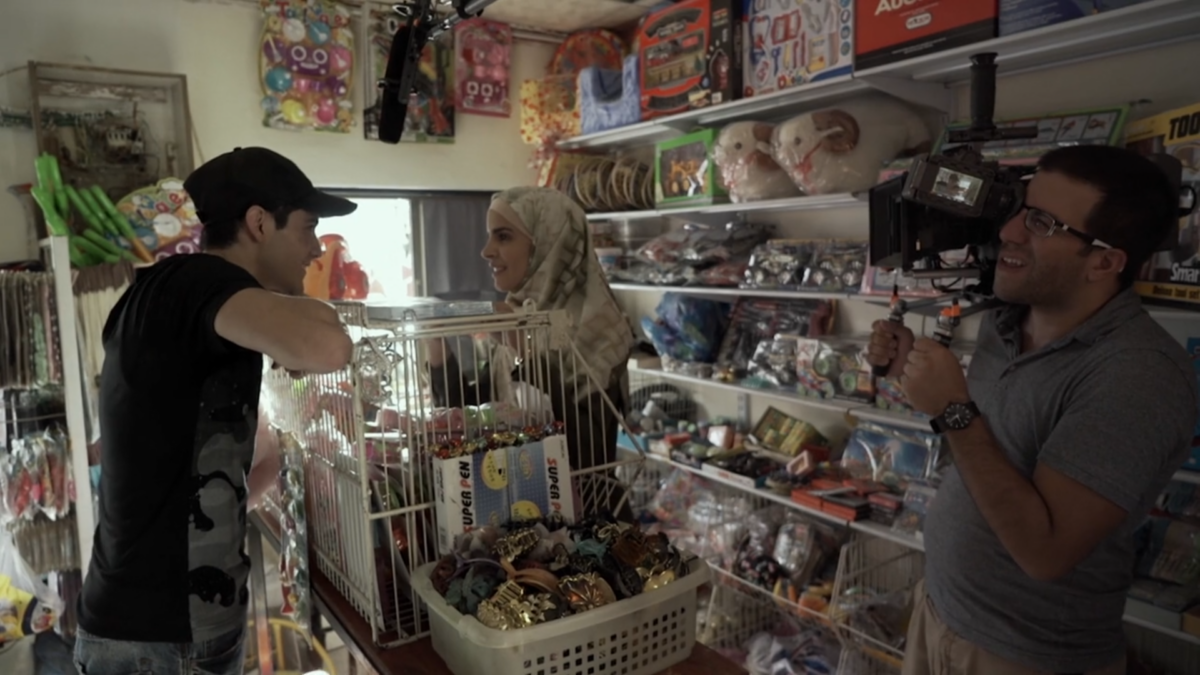Television arrived late in Israel. A generation of Israelis missed it altogether. David Ben-Gurion, Israel’s first prime minister, panned TV as “uncultured” and a “waste of time.” He would much rather read a book, he told an interviewer.
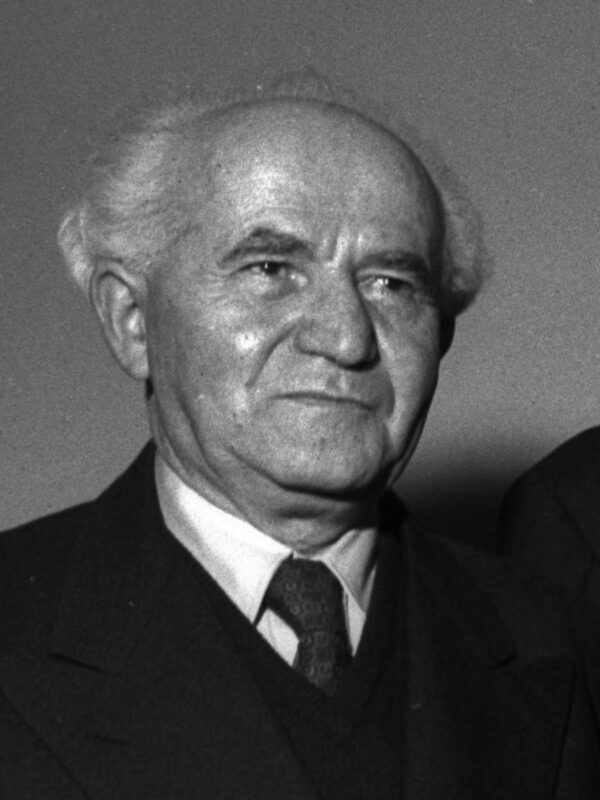
During that austere era, some Israelis shared his view, considering TV an indulgence that could best be ignored. Ben-Gurion’s successors parted ways with him. By 1969, Israelis could tune in to one local station, when they weren’t watching Arabic programs from Egypt, Syria and Jordan.
For many Israelis, the regular Friday afternoon Arabic movie ushered in the sabbath. I lived in Israel from 1971 to 1973 and well remember my wife’s Bulgarian parents participating in this cultural ritual, even though their comprehension of Arabic was next to none.
Commercial television reached Israel in the mid-1990s, changing everything. Israelis now had access to local cable channels, necessitating the need for new shows. An industry was born, with writers, producers, directors and cinematographers grinding out fresh programming, some of which was smart and sassy.
In recent years, Israeli shows have found favor with an international audience, as Olivier Joyard points out in his informative French-language documentary, Israel: The Land of the TV Series, which will be screened online by the Toronto Jewish Film Festival on June 7.
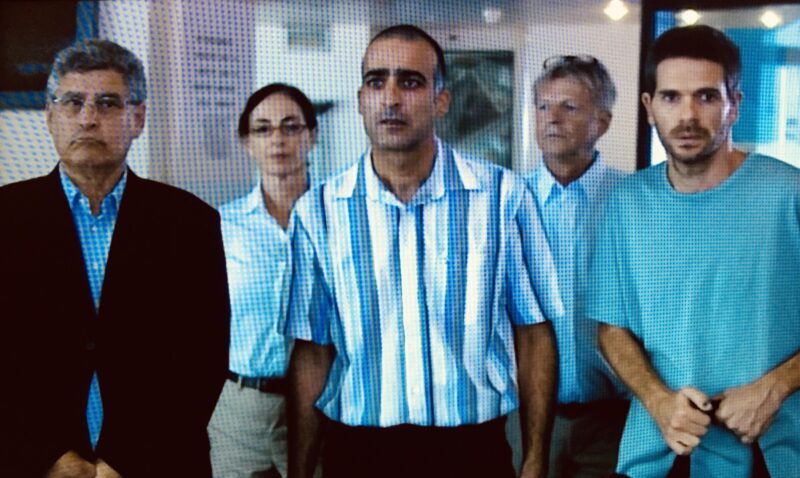
By his estimate, one-quarter of Israeli TV series’ have been sold abroad, either in their original Hebrew form, with subtitles, or as remakes in different languages. The most famous one of the lot, Prisoners of War, was transformed into Homeland, a hit in the United States. Another one, In Treatment, has been successful as well.
Foreign buyers have also purchased Fauda, Euphoria, Our Boys, Arab Labor, Dumb, Unchained and Shtisel.
But there have been failures — Traffic Light, Allegiance and The ExList.
Joyard interviews a few of the leading figures in Israel’s industry.
Tawfik Abu Wael, an Israeli Arab, was one of the writers of Our Boys, a wrenching drama set in 2014, when the third Gaza war broke out. On the eve of its eruption, three Israeli youths from a West Bank settlement were kidnapped and murdered by Palestinians. In retribution, Orthodox Jews killed a Palestinian teenager.
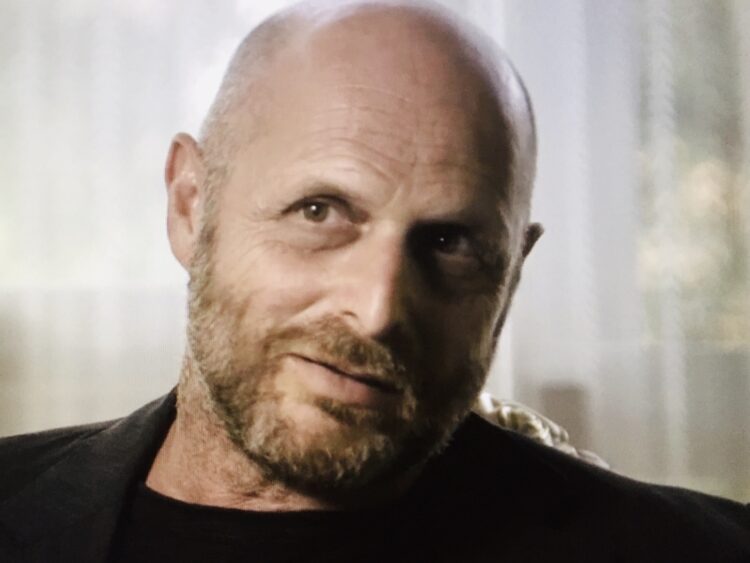
Our Boys, made by the Keshet Media Group, was immensely popular but controversial, with Israeli Prime Minister Benjamin Netanyahu having condemned it as anti-Israel. Hagai Levi, Keshet’s managing director, counters Netanyahu’s diatribe.
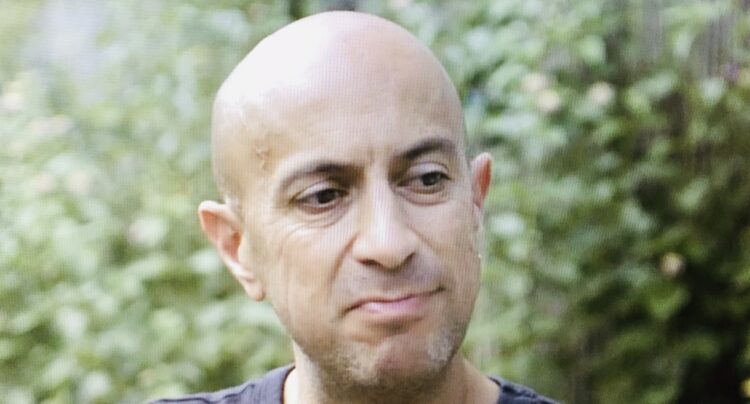
Avi Isaacharoff, the co-creator of Fauda, seems to have had no such problem. A scintillating thriller about an undercover army unit battling Palestinian terrorists in the West Bank and the Gaza Strip, Fauda humanized the enemy, yet right-wing Israelis were not offended.
Arab Labor, a biting satire about Jewish-Arab relations, has been popular, too.
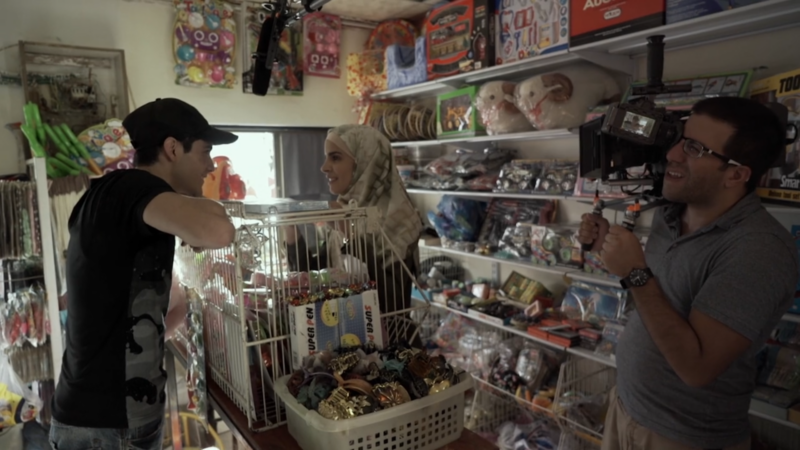
“We explore themes that make us uncomfortable,” says an Israeli producer, explaining why foreigners tend to gravitate toward shows from Israel.
“We’re getting a good slice of the world,” says Danna Stern, a Yes Studio executive who’s involved in marketing and selling programs to overseas buyers.
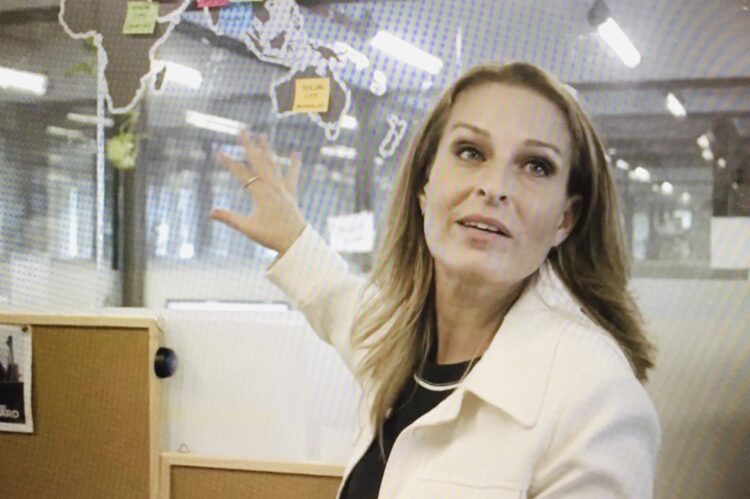
As Joyard correctly suggests, no one should be surprised by the storehouse of talent in Israel. Storytelling has been a Jewish tradition for millennia. And Jews, after all, are the people of the book.
